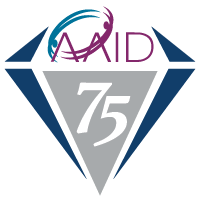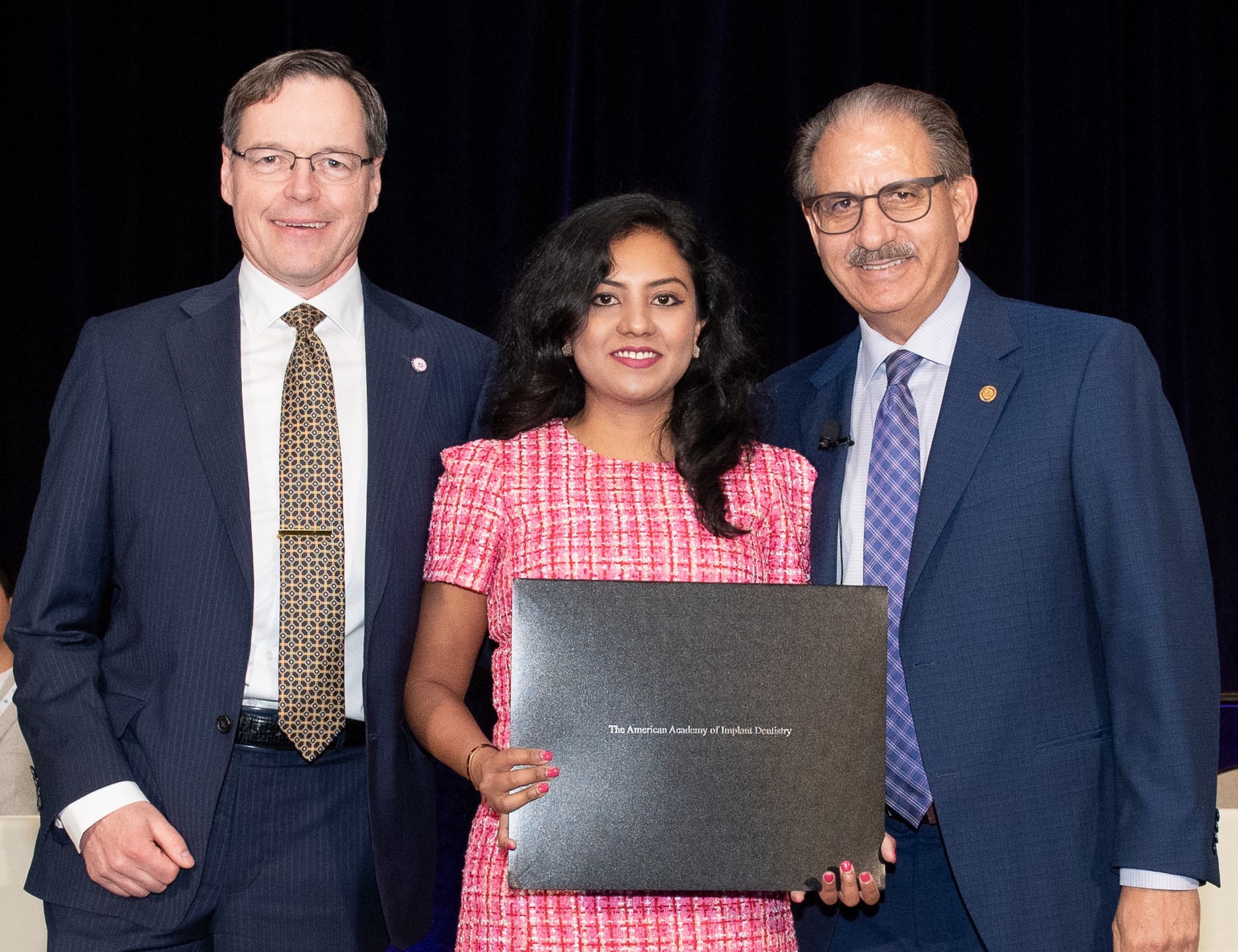Associate Fellow (AF)
✔️Are you dedicated to providing the best possible dental implant treatment to your patients?
✔️Are you experienced in surgical placement of dental implants and/or the replacement of teeth?
✔️Have you completed at least 300 hours of postdoctoral or continuing education related to implant dentistry in the past 12 years?
See photos of the 2025 Associate Fellows at the 2025 Annual Conference!
Are you ready to begin?
Check out the Associate Fellow requirements and Application Fees.
Ready to take the exam?
Part 1 administrations will begin in May of 2026. The application is currently moving to a new platform and will be available in early March.
Looking for additional guidance for the Oral Exam (Part 2)?
The AAID has a list of members who have volunteered to serve as credentialing coaches. Each coach has recently completed the Associate Fellow examination process. The coach’s role is to provide encouragement, support, and advice based on his or her personal experience. Email credentialing@aaid.com for a list of coaches in your area.

